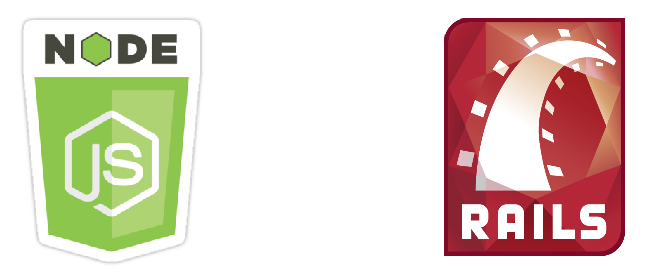
The community around the Magento platform is vast. It consists of both professionals and enthusiasts, developers and merchants, geeks and sirs. In the beginning, all this mass was scattered and disconnected, but everything has been changed within last years. Magento community is not only huge, but it is also powerful, influential and not indifferent to its members. Today, it’s one of the real benefits of the platform. Don’t stay aside and try to get the maximum from the Real Magento Community. We will explain how to do this in the following post. Also, check the neu initiative – the Magento Association. It is going to organize and optimize processes that take place in the community.
UPD (11.02.16): How do I get involved in the Magento community?
Continue Reading









